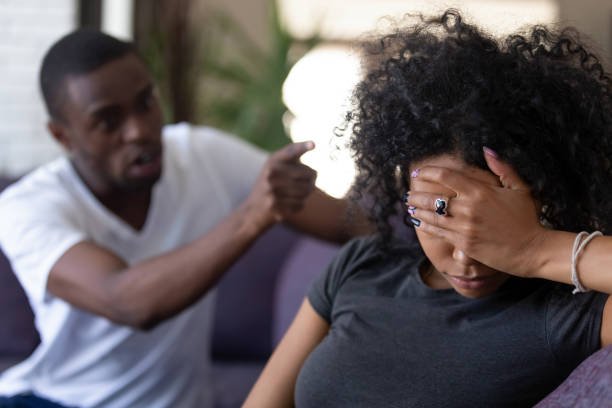How to Advice a Woman on How to Get Out of an Unhealthy Relationship
Skip to content
Skip to sidebar
Skip to footer
How to Advice a Woman on How to Get Out of an Unhealthy Relationship
How to Advice a Woman on How to Get Out of an Unhealthy Relationship


